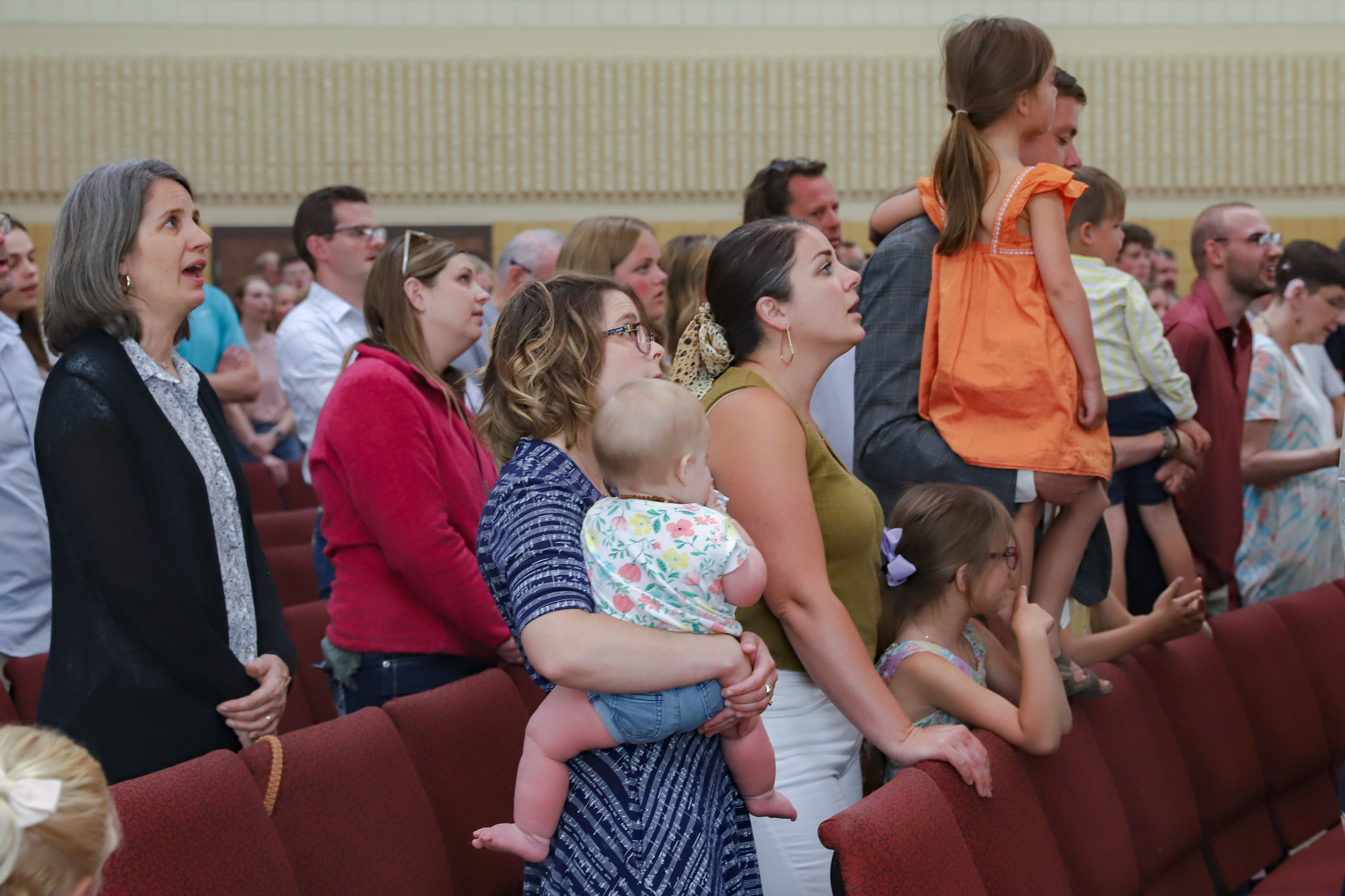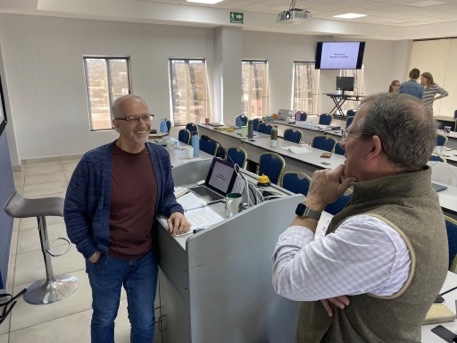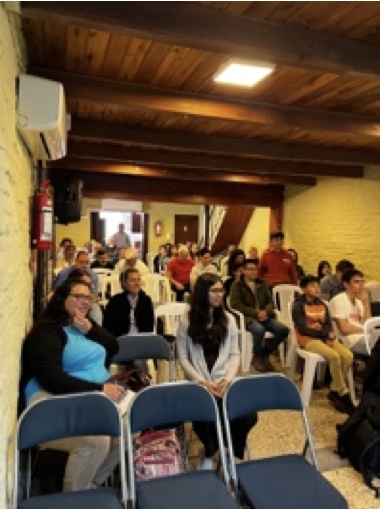Jan 27
2023
Five Psalms for Grieving with Hope
As Christians, we are often uncertain how to grieve. Oftentimes, when death or other tragedy strikes, we often feel we are going “off the map” into unrecognized territory. Part of this is the way it should be. Death and sin are against the way God created the world. Grief disorients us because we are perceiving a tear in God’s good created design. But as a child, I remember being very undone by a young boy who was a member of our church who suddenly died. I was used to my world being predictable and death didn’t make any sense.













